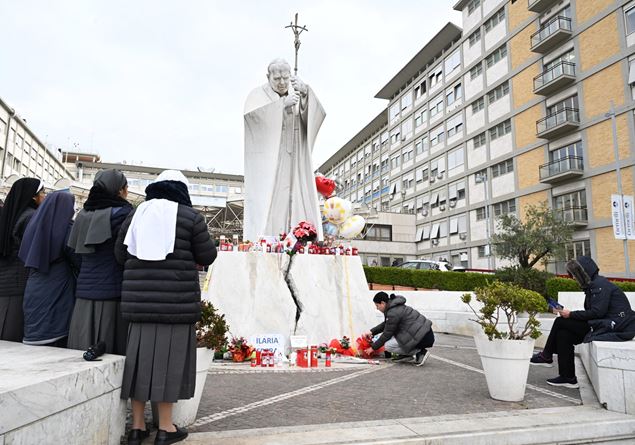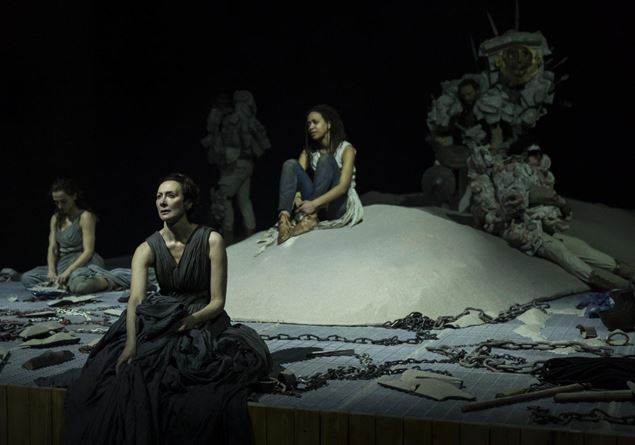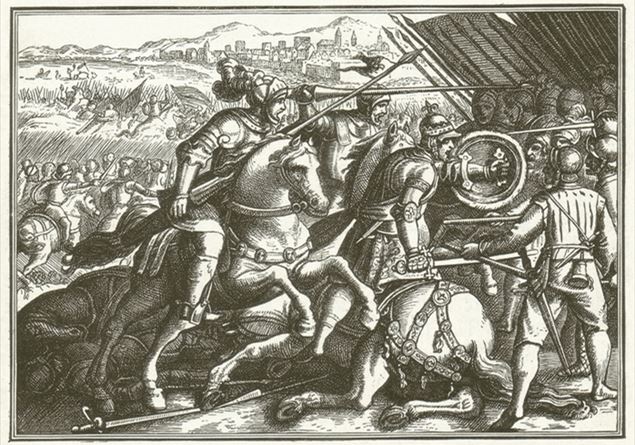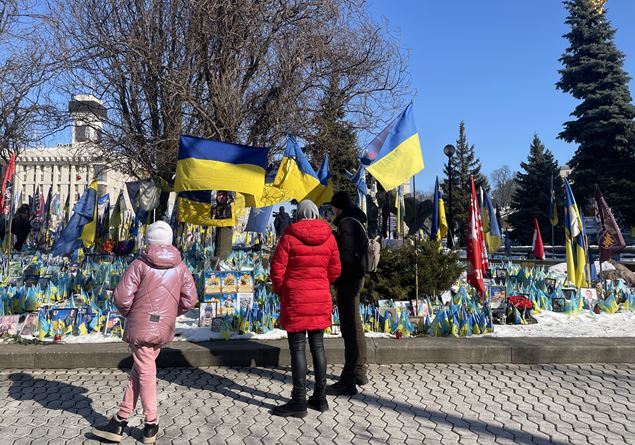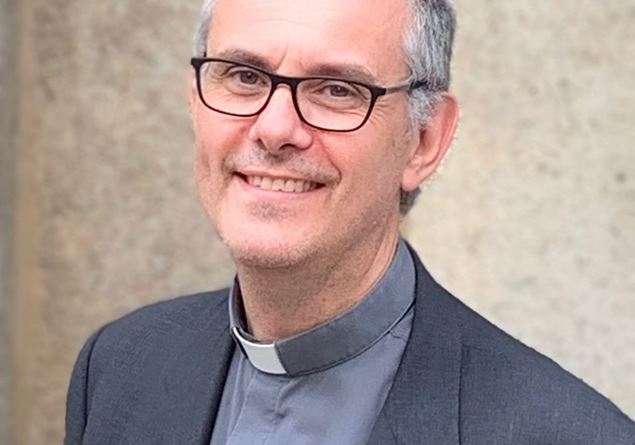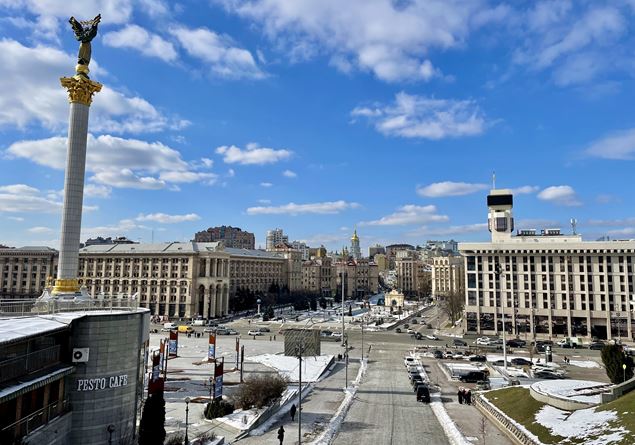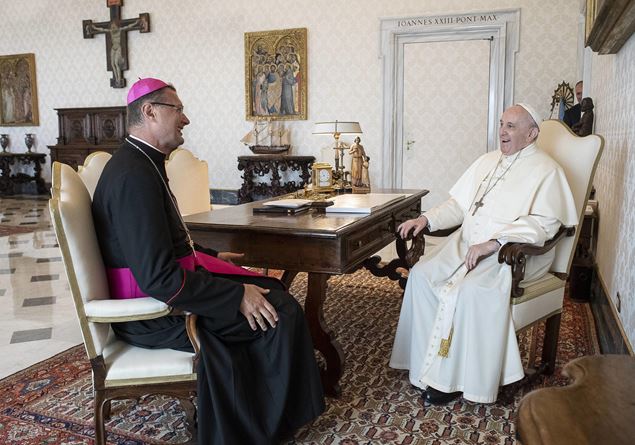There are stories that although they tell of distant times, exotic places, very high mountains that are lost in the clouds, keep universal truths in which everyone can find fragments of their history. Capricciosa deities, betrayals, fratricidal wars, dark labyrinths, transformations, speaking animals, magical elements that enrich the vast literature of Greek mythology, cradle of western civilization. Our ancestors, inhabitants of the Peloponnese, told each other life through great stories that were nothing but a great and sweetened metaphor of human life. That Achille was the greatest warrior in history of antiquity, Ettore and Andromaca the paradigm of family love, Ulysses the great master of cunning, Agamemnon a warflower are notions of which everyone is aware of since childhood.
Pier Lorenzo Pisani, directorNeapolitan playwright and screenwriter, a great connoisseur and admirer of mythology, has decided to stage the Melato Studio Theater all the secondary Homeric corpus compared to the major Iliad and Odyssey, choosing an unusual cut, focused on semidei.
Semidei are all those who have a divine origin but who maintain a predominant human component. As Semide It opens on a huge sand basin close to the public, the dunes of the Greek, soft and dense beaches that recall the universal time of childhood, of the dream, where it all begins. Achille and his mother Teti, Ettore, Andromaca and the little Astianatte, Ulysses, Penelope and Telemaco, and the Agamemnon and Menelaus brothers The last flashes of the day and adolescence are enjoyed, of the newly made family and young and still immature affections.
Everything unfolds on the tones of the comedy: Achille (Eduardo Scarpetta) gets angry with Teti (Pia Lanciotti) for not having made him immortal the heel, his only weak point, Menelao (Pier Luigi Corallo) complains because he is always and only considered “the” brother of Agamemnon “(Marco Cacciola), Ulysses (Francesco Alberici) plays and jokes with the little Telemaco, Andromaca (Claudia Gambino) gives the deal with an Ettore (Francesco Alberici) who has difficulty in the role of dad. When the shadow of the Trojan war begins to get dirty on the beach, the reaction is that of those who fear for their lives, That does not play the role of the hero but rather of those who do not want to face adult responsibilities and try in every way to escape. During a dense darkness, full of smoke, the sand yields and sink into the floor below, leaving discovered residues of the war just finished. The rubble take the place of sandals, beach towels and sunglasses. The armor of men become overabundant, full of the faults and the shame of the war, scenically breathtaking. The actors move heavy, slow, the movements are made and extremely measured. The tone becomes serious and dramatic: it is the end of every illusion, the fall of the veil of youth and the loss of innocence.
Overall, Pisani has built a narcotic scenic apparatus, who alone holds the entire show and supports its dramaturgy, limping here and there, not always up to the themes presented. The two different directors, comedian and tragic, are subordinate but not better amalgamated: it is true that the first part tells of the light -heartedness, ingenuity, the memory and the second of the fault, death, loss, but in the emphasis placed on Two opposite and antithetical poles, the middle ground is lost where feelings move in the gray growth gradation, which contains the nucleus of one and the other end.
On the other hand Semide It also tells of a next reality, as always when it comes to myth, but in this case The very powerful final costumes and the scene covered by a blanket of indissoluble smoke leave no room for imagination. They return the violent, brutal climate of the Israeli-Palestinian war that consumes at the gates of our house and act as a sounding board for the bombs seen exploding many times in the screens of the TV every day. Once again the myth exceeds the thresholds of the imagination and enters with the tense leg in real life.
The show, staged from 8 to 28 February at the Teatro Studio Melato, In the replicas from 19 to 23 February they will be supermed in Italian and English for the use of a visually impaired, deaf and/or foreigner audience; From 19 to 20 February they will be accessible to a neurodicing public, while on February 22 it will be dedicated to a blind audience.


